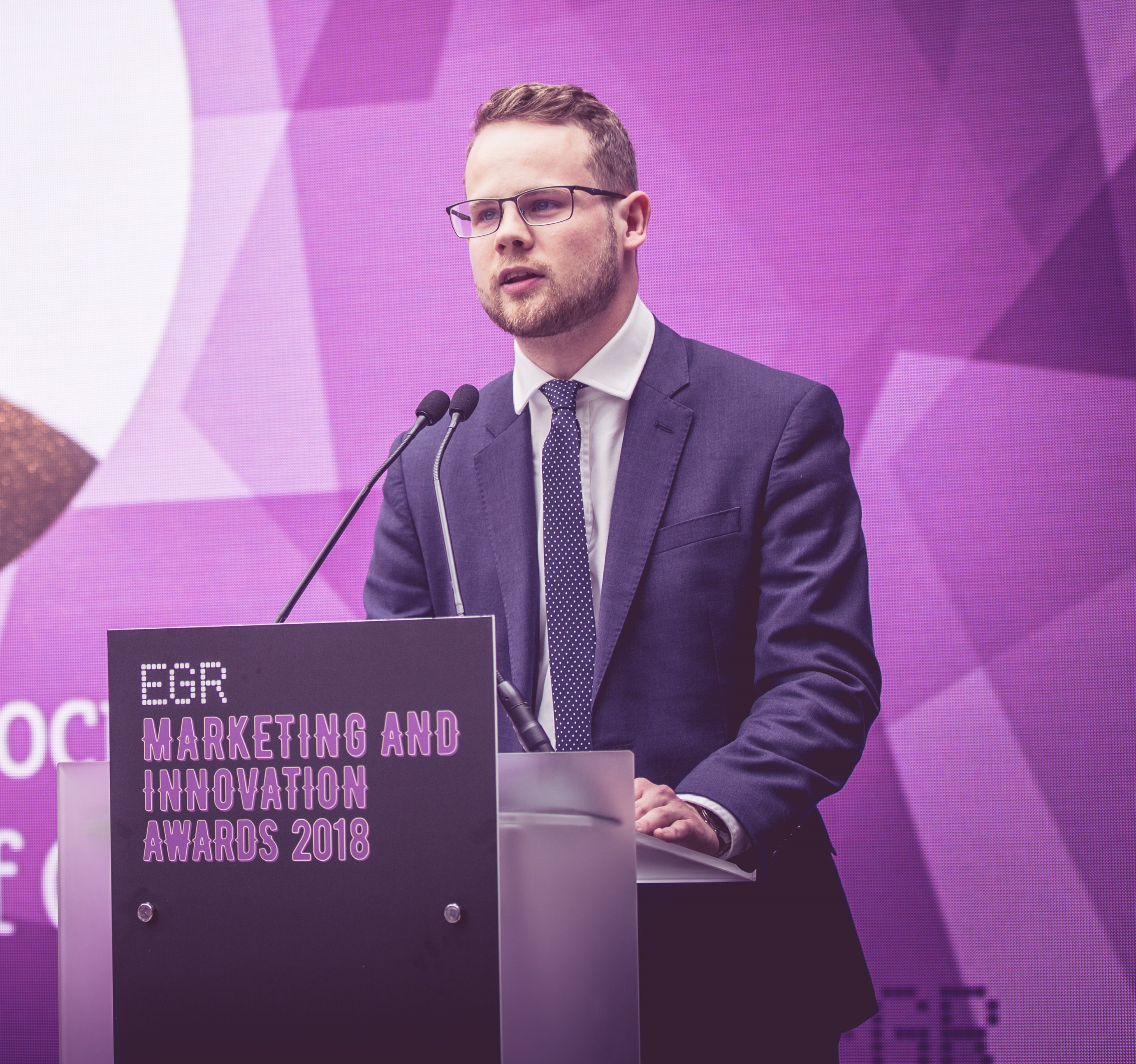
Unibet boss salutes 'learning and strength' as overseas rev tops 50%
Unibet chief executive Petter Nylander paid tribute to his company's diversification strategy today as the Swedish betting and gaming operator revealed that revenue from outside its base Nordic markets has passed the halfway mark for the first time.

UNIBET chief executive Petter Nylander paid tribute to his company’s diversification strategy today as the Swedish betting and gaming operator revealed that revenue from outside its base Nordic markets has passed the halfway mark for the first time.
The proportion of gross win emanating from outside the Nordic region hit 54% at half -year 2009, Unibet’s H1 results published today showed, up from 47% at the end of 2008.
Speaking after the company posted gross win revenues for the six-month period to the end of June of £66.2m, up 12% from £59.2m during the same period in 2008, Nylander said: “This demonstrates both the growth of the Unibet business and also the strategy of using the cash generation, learning and strength of the Nordic region to invest in the big markets in Continental Europe.”
With revenues from the Nordic region falling from 53% of gross win for full year 2008 to 46% for the first half of 2009, revenues from western Europe and the company’s Central, Eastern and Southern (CES) Europe grew from 36% and 11% of gross win respectively in 2008, to reach 39% and 14% of gross win revenues by the end of June 2009.
Nylander also revealed that Unibet had upped its marketing spend in Poland and Hungary over the second quarter, “both of which are performing really well for us right now,” he said.
The strategy of using the Nordic and Scandinavian markets as “cash cows” had enabled Unibet to bear the cost of undertaking expensive marketing and branding exercises in emerging markets, he continued. “In Spain, for example, we are sponsoring Valencia Football Club. The Spanish market alone would not be able to carry that cost, but because we have a spillover from other markets, we are able to undertake that kind of sponsorship.”
Nylander however said they would not be ramping up marketing spend from its current level of circa 35% of gross win ahead of the World Cup in the second quarter of 2010.
“We will be doing what worked well for us for the European Championships last year; building up the client base and brand credibility, and then reactivating the client base when the event comes around. It’s much more cost efficient,” he said.